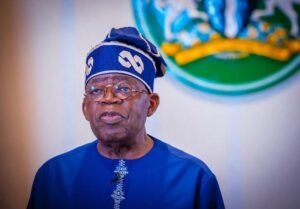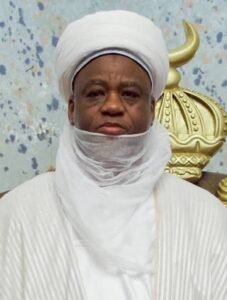BRICS Meeting: Ethiopian, Russian foreign ministers meet to strengthen bilateral ties

Ethiopian Foreign Minister Taye Atske-Selassie and his Russian counterpart Sergey Lavrov convened in Nizhny Novgorod to discuss enhancing the bilateral relations between Ethiopia and Russia, particularly within the frameworks of the UN Security Council and BRICS.
The meeting took place on the sidelines of the BRICS Foreign Ministers’ Meeting, which commenced on Monday in the Russian city.
The discussions primarily focused on bolstering cooperation across various sectors, including trade, economy, science, technology, and humanitarian affairs. Both ministers reiterated their countries’ commitment to deepening political dialogue and aligning their strategies within the UN and BRICS, especially in light of Russia’s current chairmanship of the BRICS grouping.
According to a report by Sputnik, citing the Russian Foreign Ministry, the meeting also included a confidential exchange of views on cooperation within international organizations.
The BRICS Foreign Ministers’ Meeting, chaired by Lavrov, is a two-day event that has attracted representatives from the ten member states and several friendly nations.
Maria Zakharova, the Russian Foreign Ministry spokeswoman, highlighted that the agenda includes discussions on current international relations, global governance reforms with a focus on enhancing the role of developing countries, conflict resolution, and collaboration on leading multilateral platforms.
Within the broader framework of the meeting, there will be a separate session involving countries from the Global South and East, as reported by the Russian News Agency (TASS).
The meeting is the first gathering of foreign ministers since BRICS expanded its membership in 2023, now encompassing Brazil, Russia, India, China, South Africa, Ethiopia, Egypt, Iran, the UAE, and Saudi Arabia.
BRICS, an influential intergovernmental organization, represents approximately 40 percent of the world’s population, underscoring its significant role in global affairs.









